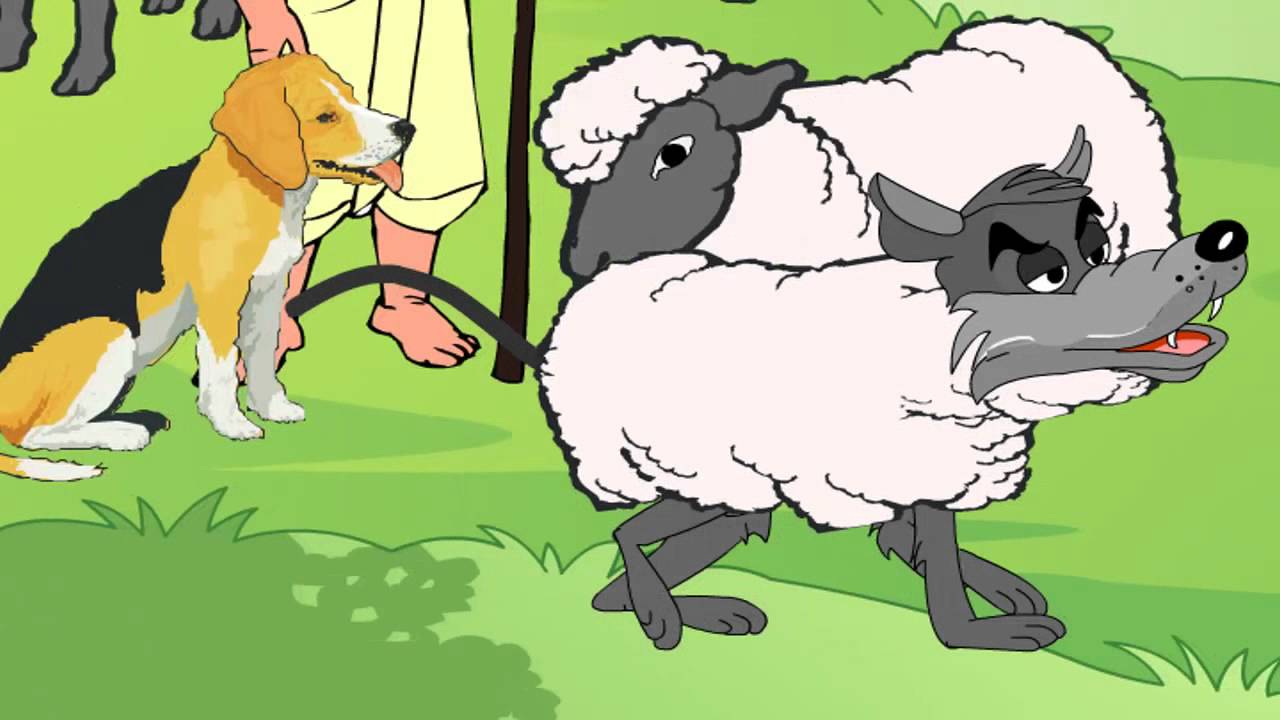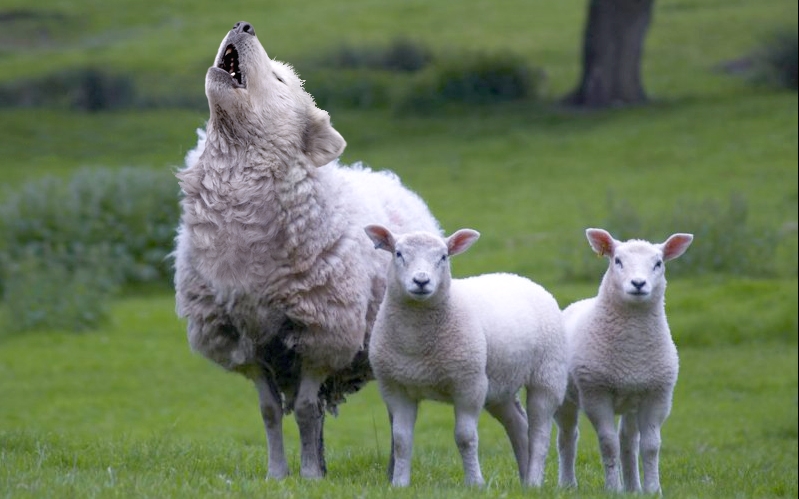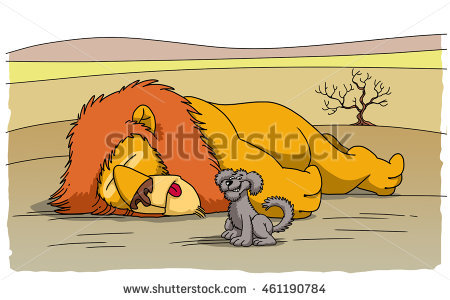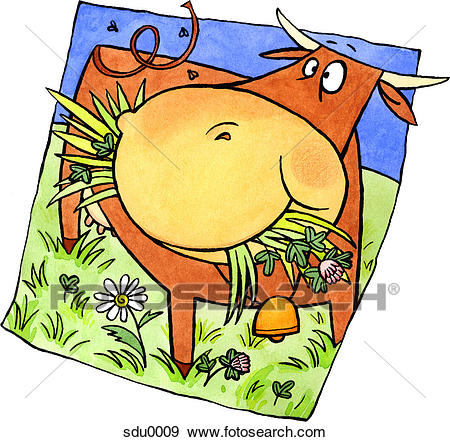 Dog-Thoughts as we enter into the Year of the Dog: Part 4
Dog-Thoughts as we enter into the Year of the Dog: Part 4
If ‘sex’ was the impolite word which should not be raised in Victorian cocktail conversations, ‘heresy’ is the unmentionable word among ‘progressive’ Christians today. [Re: Post on ‘Progressive’ Christianity Beware*] Perhaps this is a reaction to the spirit of dogmatism, authoritarian and legalism found among leaders who are defensive about their faith when they perceive the Christian community to be a besieged and embattled minority. Doctrinal defensiveness is the outcome of a “Christ Against Culture” manifestation of Christianity. It is easy for these leaders to become unnecessarily alarmist as there could be genuine doctrinal disagreements which should not be stigmatized as departures from orthodoxy. Not every doctrinal or theological error is a heresy. Continue reading “The Concept of Heresy Arises from the Fellowship of the Church and not From a Lack of Love (Dietrich Bonhoeffer)”





